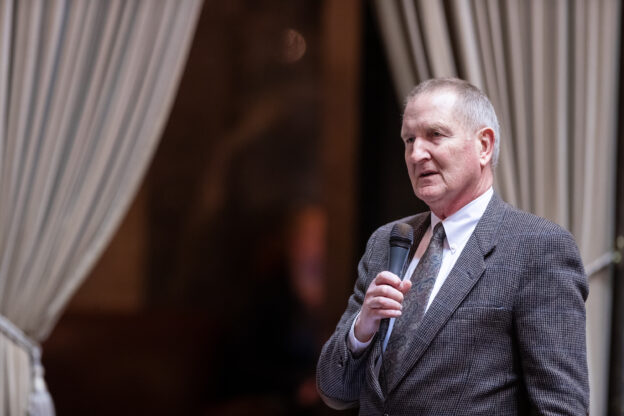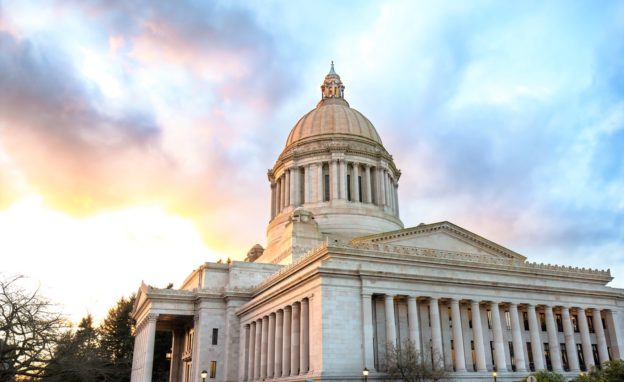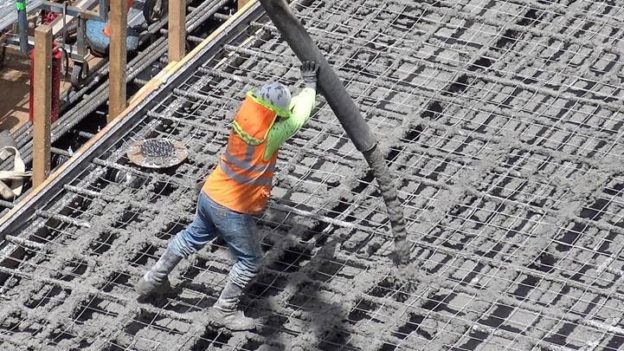After Senate Democrats introduced a measure today (Senate Bill 5770) that would allow state and local property taxes in Washington to grow at a rate triple the current limit, 6th District Sen. Jeff Holy, R-Cheney, issued this statement in opposition to the proposal.
“The Legislature should not consider bills that would raise property taxes, especially this late in the session. So many people in our state are still struggling with inflation and the return of higher fuel prices. Raising property taxes at a time like this is about the worst idea you can consider. It is unreasonable and insensitive. If this bill becomes law, it just shows how in love Democrats are with taxes and taking away money from hard-working people.
“This bill is a slap in the face of Washington voters who passed Initiative 747 in 2001 to cap property-tax increases to 1 percent annually. More than 57 percent of the state’s voters approved this measure, including about 60 percent in Spokane County. It’s insulting to the voters that Senate Democrats think it’s OK now to dramatically raise property taxes.
“At the same time Democrats are expressing concern about homelessness, their bill to increase the property tax at this compounding rate could result in making homeless those who are just hanging on to a home when the cost of living is rapidly increasing and so many people live on fixed incomes. The American promise always has been that if you work hard, pay your debts and save much of your money, you will be self-sufficient when you retire. Yet in conversations with many constituents, the comment I’ve heard many times has been that the monthly cost of taxes is now greater than the monthly mortgage payment they paid to buy the property. This is wrong. Senate Bill 5770 will make things worse for many homeowners.
“At $6,220 a year in taxes paid per person, Washington already has the 13th highest state and local tax burden per capita in the nation – higher than Idaho or Oregon. Instead of looking for yet more ways to take money away from taxpayers, we should instead look for ways to make better use of existing tax dollars.”
SB 5770 has been sent to the Senate Ways and Means Committee for consideration.
The 2023 legislative session is scheduled to end April 23.














